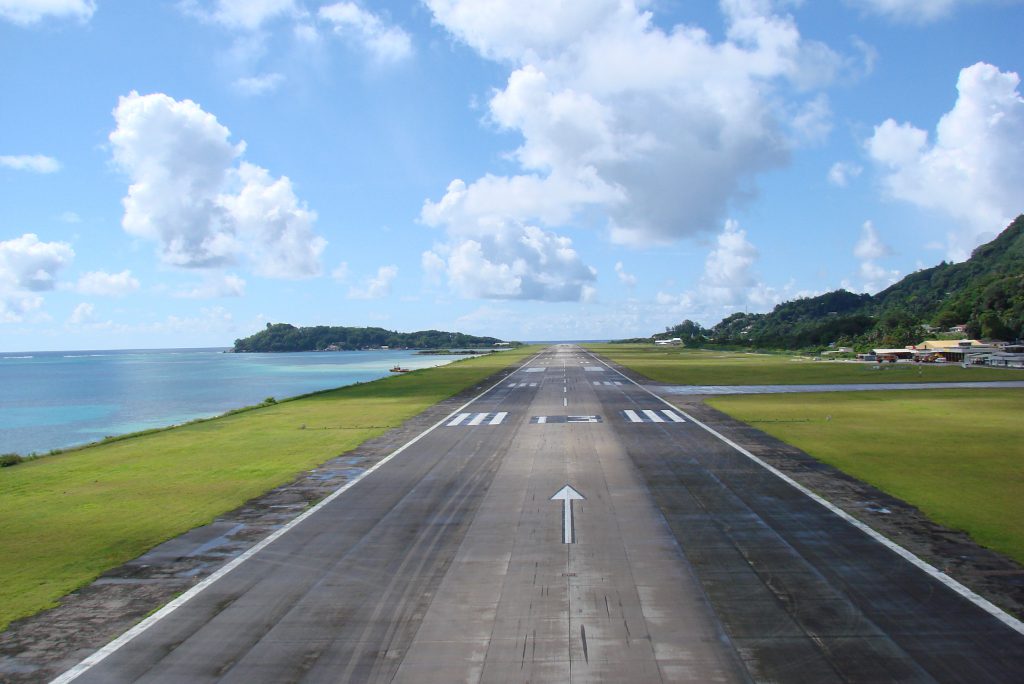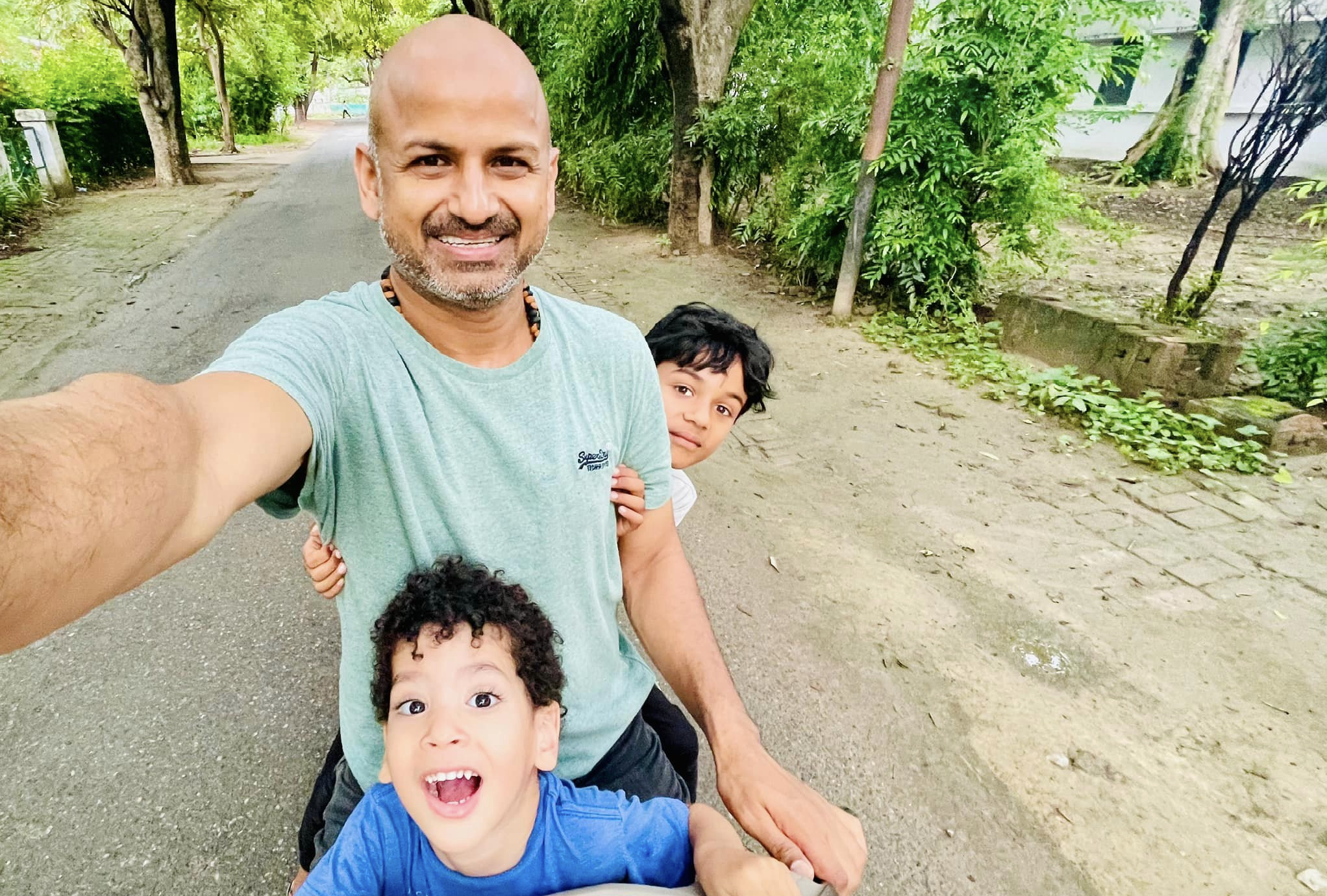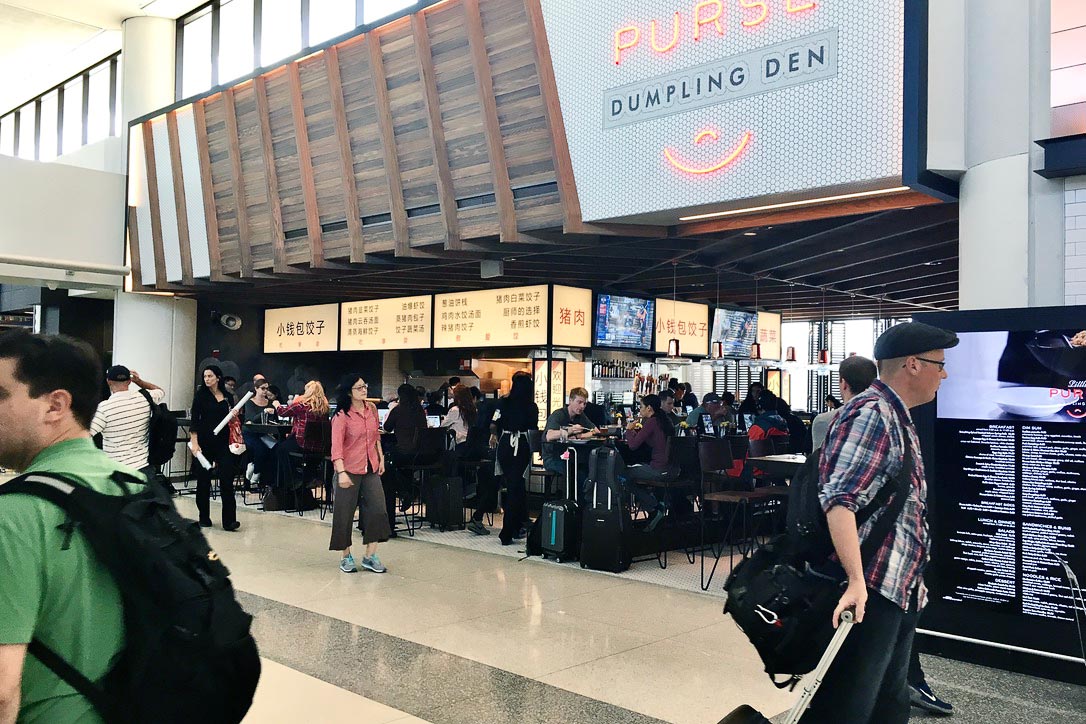Managing Foreign Visitor Data Is Getting a Pandemic Rethink Across Travel

Skift Take
Airlines, cruise lines, and government agencies expect to collect more passenger data once international travel rebounds in the pandemic era, versus pre Covid-19. New mandates may require them to capture new data, such as facial recognition information and coronavirus test results, along with traditional data like passport numbers. What’s left unsaid is how their software systems will manage that foreign visitor data safely and efficiently.
Now industry officials debate a new question: Do they have the right tech to handle new mandates around passenger data? One possible answer comes from Seychelles, an island nation that went live Tuesday with new technology from the Swiss startup Travizory. The software aims to improve the capture, study, and secure storage of passport and health documentation. Seychelles hopes the tech will help with the reopening of its borders.
Travizory’s software allows Seychelles health authorities to have travelers provide their passport information and data on whether they may have coronavirus via web and mobile apps.
The tech represents a process shift. The island relied before on email and paper forms. But that risked mismatched records and delays.
“Doctors and airport staff were struggling to keep pace with the number of arrivals,” said Dr. Jude Gedeon, Seychelles’ public health commissioner.
Once the government has become accustomed to the new system, it plans to roll out connected technologies at selected resorts and hotels on the island to boost the public health authority’s ability to contact trace visitors. Health and tourism authorities want to ensure that travelers are only staying at licensed establishments and rentals that authorities have certified as meeting national health standards.
Having a single system may make visitor vetting procedures more efficient to minimize the pandemic and ensure border security.
Travizory is one of several startups, such as Clear and Airside, and established tech players, such as NEC, SITA, Idemia, and Veridos, building solutions to address the data management problem. Some companies tackle particular slices of the problem. Other vendors try to offer all-in-one solutions. Tech buyers for the travel sector face many choices about ensuring interoperability, data security, and privacy protection.
Travizory, a startup that raised about $2.3 million in funding in August, runs its system this way: Travelers can apply from their mobile phone via a government portal powered by Travizory. The portal, which an airline or travel agency prompts a traveler to use when they book a ticket, asks the traveler to download an app or use a mobile website. After answering questions for about five minutes, passengers get an answer on their eligibility to visit the island. Travizory’s system interacts with Timatic (Travel Information Manual Automatic), a worldwide system used by airline check-in agents and staff to determine whether the airline can fly a passenger according to government restrictions.
Travelers can present a barcode at check-in and boarding. Lines at the airport for border control can be shorter because the authorities will have all the visitor passport and health certifications ahead of a flight’s arrival.
This process spares airlines from having to have health data. The passenger uses the app or site to send the data to the government directly. That spares the airline from collecting and sending the traveler’s health data.
Differing regulations around data in different parts of the world can add complexity to visitor data management.
In the U.S., airlines aren’t authorized to collect and hold health data. Airlines have to delete facial recognition data within 24 hours, for instance. But health data related to pandemic contact tracing needs to be stored longer for 24 hours to be meaningful.
Here’s another example of complexity. The U.S. government mandates domestic airlines to collect and store specific passenger data in a system known as Advance Passenger Information System (APIS). Data gathered includes basics like date of birth, nationality, and in some cases, the address of the first night spent in the country.
But in Europe, the focus tends to be more on the passenger name record (PNR) because European Union regulations require all carriers to transfer passenger information to a centralized unit for analysis. But some countries, such as Spain, use both APIS and PNR.
“Governments and airlines need to make sure they use tech providers who’ve built their software with an open architecture,” said Jessica Patel, the chief commercial officer of Airside, an Arlington, Virginia-based startup builds digital identity tools for travel and other sectors.
“Interoperability is important to ensure flexibility as time goes on,” Patel said.
Airside’s identity verification platform allows U.S. residents and Canadian visitors to the U.S. to use a mobile passport app to pass through customs faster. More than 9 million people have downloaded the app for use in more than 30 U.S. airports. Airside, backed by Bain Capital Ventures and Amadeus Ventures, is in conversations with governments about helping them manage health data related to coronavirus test results, Patel said.





